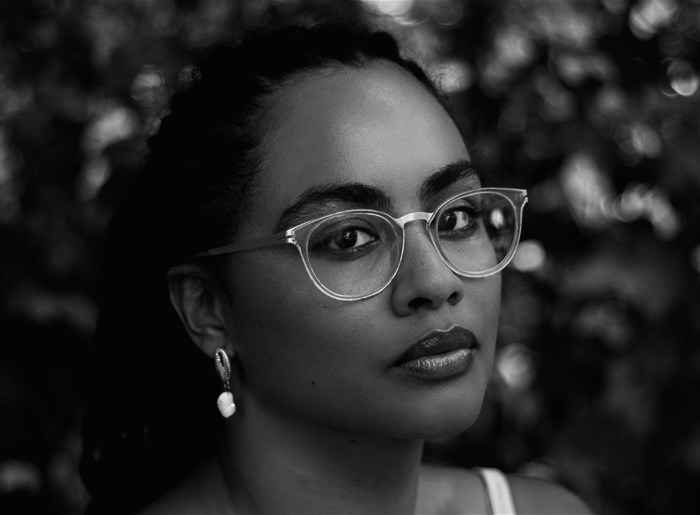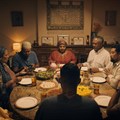Born and raised in Mitchell's Plain, Cape Town, playwright and director Amy Jephta's film Barakat has been submitted as South Africa's official selection for the Oscars.

Amy Jephta
Barakat tells the story of Aisha Davids, a Muslim widow, and her attempts to bring together a fractured family over Eid-al-Fitr to break the news about her new romance. Starring Vinette Ebrahim, Joey Rasdien, Mortimer Williams, Keeno-Lee Hector, and Danny Ross, the film is also told in Afrikaaps - the widely spoken Cape dialect of Afrikaans.
Jephta, who has received other accolades - including the Standard Bank Young Artist award for theatre in 2019, and the Baumi Prize at the Berlinale Film Festival - only broke into film and television about six years ago. We spoke with her to learn more about the submission, the film, and the landscape in South African filmmaking looks like…
Congratulations on the submission! How are you feeling about it?
Overwhelmed! Excited. It’s one of the bigger moments in my career. I’m optimistic and looking forward to what comes from this.
What challenges did you face during the production of Barakat?
We shot just as Covid was gaining momentum in early 2020, but luckily, we could complete our filming before lockdown. We also faced some challenges with securing our funding - this film was almost not going to happen! Luckily, at the last minute, everything pulled through.
How did you overcome these challenges?
A big part of being a filmmaker in this industry is grit and determination. You have to push through even when it looks impossible. We were determined to make this film happen.
Could you tell us a bit more about the creative process of creating this film?
Ephraim Gordon was my producer and co-writer on this project. Together we wrote and shaped the story over a weekend away. We’d been thinking about doing a comedy set on the Cape Flats for months, though. Once we wrote the first draft of the script, we invited some actors to do a reading with us. We knew then the script resonated, and we set about on the journey of fundraising.
What propelled the decision to tell the story in Afrikaaps?
It was important for us as filmmakers to produce a piece that reflected the lived reality of this subsection of Black South Africa in an authentic and honest way. For those who know the world, it was key to show an authentic representation of ‘our’ life on the Cape Flats with a distinctive voice, style and tone - to portray something recognisable while simultaneously showing ourselves depicted in a fresh way. A lot of that has to do with authentic language.
What kind of impact were you hoping to have with the story you told in this film?
I think simply to have the community who is represented in this film be able to see themselves accurately portrayed on screen. We never wanted to shift large goalposts. But honest representations of our people are so important to us, and that’s the lasting impact we hope to have.
In the context of South Africa, what changes would you like to see in the film industry?
I think easier access to funding. Support for our stories from the ground up. Cutting through the red tape that it takes to get a film made in this country. We’re very hopeful that those processes can be improved.







































